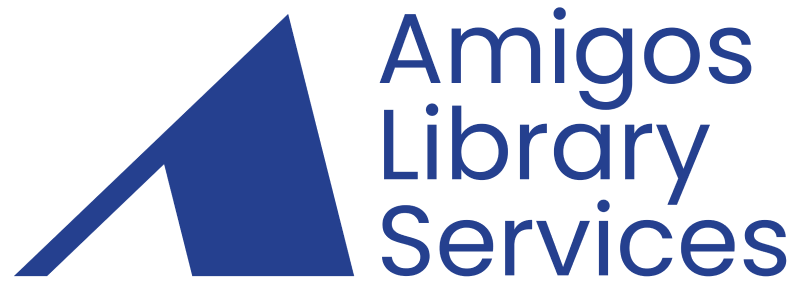Building a Practice of Plain Language in Your Library
Using plain language can improve accessibility for users of all literacy levels and remove barriers to understanding. This session covers plain language basics, how to get others on board, and how to create sustainable habits that work for your library. Learn to write easy-to-read messaging for library communications of all kinds, both internally and externally.
